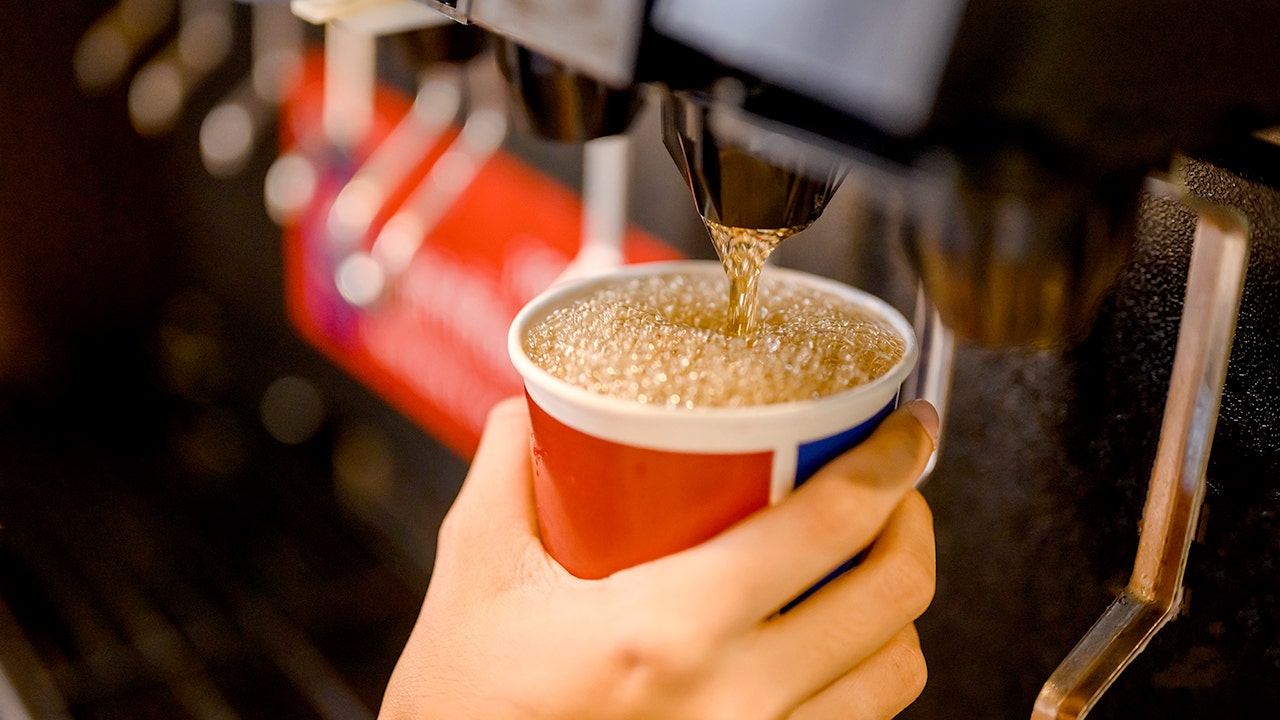Recent research raises significant concerns about the health implications of diet beverages, suggesting that swapping regular soda for diet options may not be as beneficial as previously thought. A comprehensive study using data from the UK Biobank has revealed that both sugary drinks and those labeled zero sugar are associated with a heightened risk of liver disease.
This important study was presented this week at the United European Gastroenterology Week in Berlin, Germany, showcasing alarming findings regarding beverage consumption and liver health.
Over a decade, researchers observed more than 120,000 adults who did not have liver disease at the start of the study. Throughout the 10-year period, scientists meticulously tracked the participants’ beverage intake while simultaneously assessing their liver health. Their results painted a troubling picture for both sugary and artificially sweetened beverages.
- Individuals who consumed high amounts of sugar-sweetened beverages (SSBs), such as regular soda, sweetened teas, and energy drinks, exhibited about a 50% higher risk of developing metabolic dysfunction-associated steatotic liver disease (MASLD), a serious condition also known as fatty liver disease not linked to alcohol.
- Interestingly, those who frequently drank low- or non-sugar-sweetened beverages (LNSSBs), encompassing many diet drinks, exhibited an even greater risk—with a 60% higher chance of liver disease identified.
Lihe Liu, the study’s lead author and a graduate student in the Department of Gastroenterology at the First Affiliated Hospital of Soochow University in Suzhou, China, noted, “SSBs have long been under scrutiny, while their diet alternatives are often seen as the healthier choice.”
Moreover, the research indicates that individuals who regularly consume artificially sweetened drinks are more prone to die from liver-related complications. Liu commented on the findings, stating, “Our study shows that LNSSBs were actually linked to a higher risk of MASLD, even at modest intake levels such as a single can per day.”
This evidence casts doubt on the common belief that diet drinks are harmless and urges a reevaluation of their place in our diets concerning liver health. Researchers speculate that the harm associated with zero-sugar beverages may stem from their effects on the body, including alterations to gut bacteria, increased cravings for sweets, and disruptions in the brain’s hunger and fullness signals.
Additionally, some studies have suggested that artificial sweeteners could still lead to insulin spikes similar to those caused by sugar consumption. In light of these findings, Liu emphasized the importance of limiting both types of beverages. She cited that replacing sugary or diet sodas with water could lower the risk of liver disease by as much as 15%. In contrast, shifting from one type of soda to the other yields no significant risk reduction.
“Water remains the best choice, as it removes the metabolic burden and prevents fat accumulation in the liver, whilst hydrating the body,” Liu highlighted.
Liver disease is a rapidly growing health issue worldwide, now affecting approximately 4.5 million adults in the United States, according to data from the Centers for Disease Control and Prevention (CDC).
While these findings offer crucial insights, it is important to note that the full study has not been published in a peer-reviewed journal, leaving open potential limitations regarding the research. Some experts have raised concerns about the accuracy of self-reported beverage consumption, and it’s critical to remember that this observational study identifies correlations rather than causal relationships between beverage intake and liver health.






